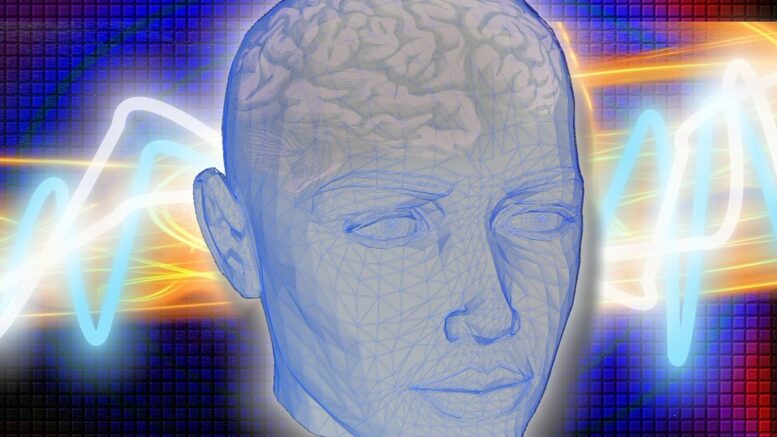Traumatic Brain Injuries (TBIs) are complex, often concealing their severity behind seemingly innocuous symptoms. Early intervention and successful treatment depend on an understanding of the warning indicators that should not be disregarded. In this comprehensive guide, we will delve into seven key indicators that may suggest a traumatic brain injury, shedding light on a topic often misunderstood in the realm of healthcare and well-being.
1. Altered Consciousness: Unveiling the Depth of Impact
One of the primary signs of a traumatic brain injury is altered consciousness, a manifestation that can range from mild confusion to disorientation or even loss of consciousness. These alterations demand immediate attention, as they may signify disruptions in the brain’s normal functioning. Ignoring these signs could exacerbate the injury’s impact and hinder the recovery process, underscoring the urgency of seeking professional medical evaluation.
2. Persistent Headaches: The Lingering Echoes of Trauma
Frequent headaches following a traumatic event should not be dismissed lightly. They might be a sign of a more serious problem, like a traumatic brain injury. Understanding the nuances of these headaches, such as their intensity, duration, and any associated symptoms, is crucial in gauging the severity of the injury. Persistent headaches may signal inflammation or structural damage within the brain, necessitating a thorough examination by healthcare professionals.
3. Cognitive Impairments: Unmasking the Challenges Within
Traumatic brain injuries often inflict cognitive impairments that may go unnoticed initially. Issues with memory, concentration, and decision-making can be subtle yet profound indicators of neurological trauma. Recognizing and addressing these cognitive challenges early on is essential for devising effective rehabilitation strategies. A customized approach to rehabilitation can be guided by the valuable insights that neuropsychological examinations can offer into the individual cognitive domains impacted.
4. Mood Swings and Emotional Instability: The Unseen Battle Within
The emotional toll of a traumatic brain injury is significant, often manifesting as mood swings, irritability, or emotional instability. Loved ones may observe abrupt changes in behavior that hint at an internal struggle. It’s critical to recognize these emotional changes in order to offer the support and understanding that are required throughout the healing process. Mental health professionals play a pivotal role in helping individuals navigate and manage the emotional complexities associated with traumatic brain injuries.
5. Sensory Disturbances: Navigating a World of Uncertainty
Traumatic brain injuries can disrupt the sensory system, leading to disturbances such as blurred vision, sensitivity to light or sound, and altered taste or smell. These subtle yet impactful changes should not be ignored, as they provide valuable insights into the intricate ways in which the brain has been affected. Consultation with neurologists and specialized testing can help pinpoint the specific areas of the brain responsible for these sensory disruptions, aiding in the formulation of targeted treatment plans.
In addition to medical assistance, if the traumatic brain injury resulted from an accident or external event, it may be prudent to seek legal advice. Consulting a knowledgeable California brain injury attorney can provide invaluable insights into your rights and options. They can guide you through the legal complexities, offering support and representation to ensure that you receive the compensation and assistance needed for a comprehensive recovery.
6. Sleep Disturbances: Unveiling the Nightly Struggle
Disruptions in sleep patterns, ranging from insomnia to excessive sleepiness, often accompany traumatic brain injuries. Understanding the role of sleep in the recovery process is vital. Addressing sleep disturbances promptly can contribute significantly to the overall healing and restoration of cognitive function. Sleep studies conducted by sleep specialists can offer a detailed analysis of sleep patterns, helping healthcare professionals tailor interventions to improve both the quality and quantity of sleep for individuals recovering from traumatic brain injuries.
7. Coordination and Balance Issues: Navigating Uncharted Terrain
A less recognized yet critical sign of a traumatic brain injury is the onset of coordination and balance issues. Difficulties in maintaining balance, unexplained clumsiness, or a sudden lack of coordination may point to an underlying neurological challenge. Ignoring these physical manifestations could impede the rehabilitation process. Physical therapists specializing in neurological rehabilitation play a crucial role in addressing these issues, implementing targeted exercises and interventions to improve motor skills and restore physical functionality.
Conclusion
Recognizing the signs of a traumatic brain injury is not just about identifying symptoms; it is a call to action for understanding and support. By acknowledging the subtle indicators and acting promptly, we pave the way for a more effective recovery journey. It is critical that you get medical help if you or a loved one exhibits these symptoms. Remember, early intervention is the key to reclaiming a life impacted by traumatic brain injury.
